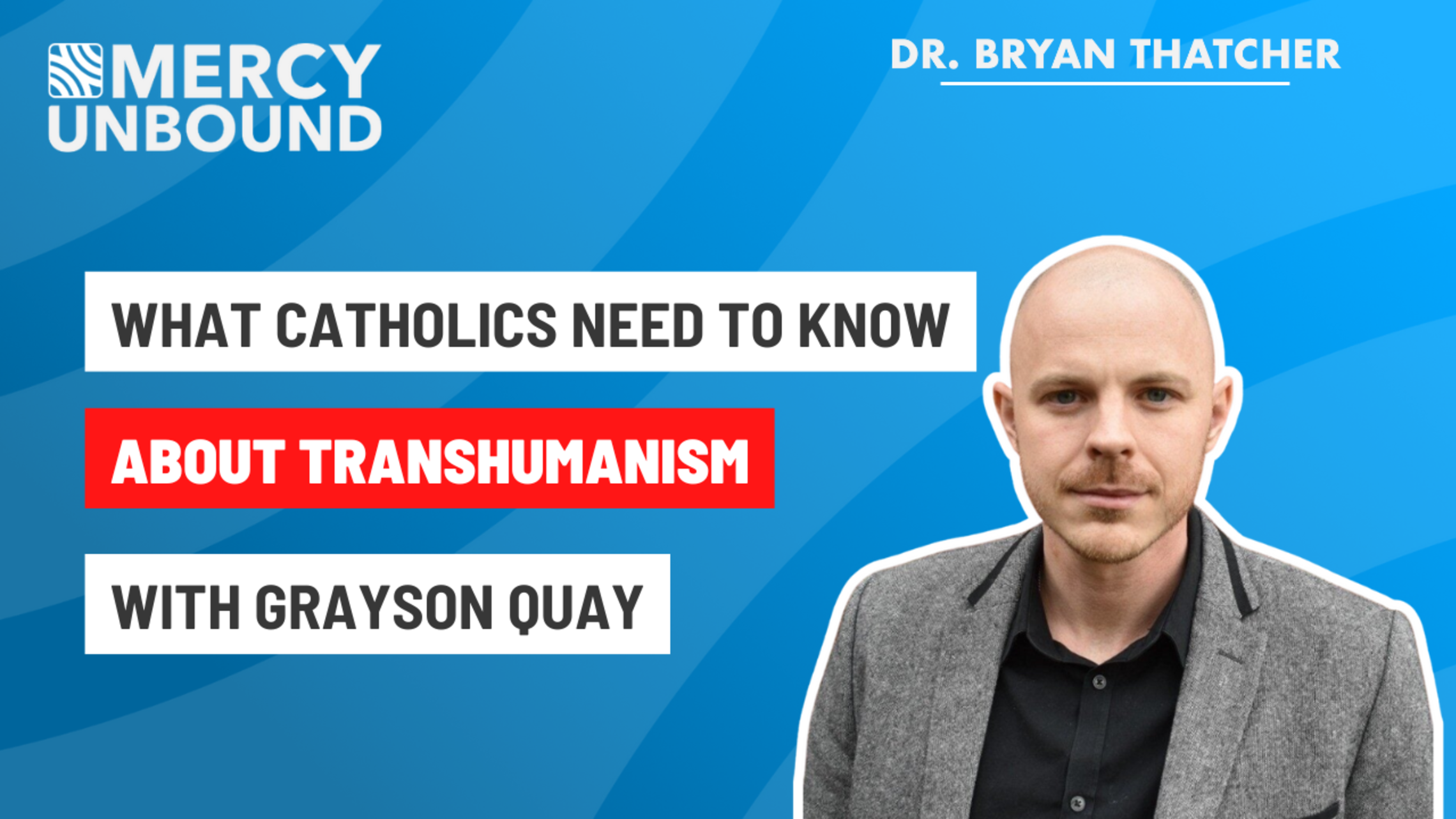Episode 181, Infertility, IVF, and God’s Plan for Life with Dr. Stacy Trasancos
Dr. Stacy Trasancos, Ph.D., is both a chemist and a Catholic convert. In her work, she addresses the profound medical, moral, and ethical questions surrounding IVF (in vitro fertilization). Her recent book, IVF is Not the Way (available at SophiaInstitute.com), carefully examines why this increasingly common medical procedure—though accepted by the medical community—is not compatible with the Catholic faith.
Moving towards life
Dr. Trasancos draws from the early Church’s teaching. The Didache (“DID-uh-key”), a Greek text presenting the instruction of the twelve apostles to the Gentiles, states: “There are two ways, one of life and one of death, and there is a great difference between the two ways.” The text proceeds with a summary of the Ten Commandments and Our Lord’s teaching on the greatest commandment, as found in the Gospel of Mark. Dr. Trasancos demonstrates how artificial procreation, rather than serving the way of life, ultimately diverts us toward the way of death.
Medical and moral difficulties
The Magisterium has spoken clearly on this issue. In the encyclical Humanae Vitae, Pope St. Paul VI described the “inseparable connection established by God” between the unitive and procreative dimensions of the marital act. The Church’s teaching rests on the truth that the conjugal union of husband and wife—where “the two become one flesh”—is the only fitting and moral setting for the transmission of human life. IVF, by its very nature, severs this union, replacing it with a technical process.
Dr. Trasancos carefully outlines the medical steps of IVF: ovarian stimulation, egg retrieval, sperm collection, laboratory fertilization, and embryo transfer. The very act of placing sperm and egg together in a petri dish bypasses the marital embrace, substituting a laboratory procedure for the gift of conjugal love.
Further moral difficulties arise in practice. IVF frequently produces multiple embryos; some are implanted, while others are frozen for potential future use. This raises troubling questions when cycles fail, when embryos remain indefinitely frozen, or when issues such as divorce or death occur. The U.S. Supreme Court, in 2024, ruled that frozen embryos may be considered children—an acknowledgment of the dignity of human life, but also a reminder of the serious moral quandaries created by this technology.
Ultimately, these realities bring us back to the perennial moral question: Does the end ever justify the means? The Church, in her wisdom, answers no—because to disregard the sacred unity of marital love and procreation is to diminish human dignity.
In her book, Dr. Trasancos presents the Church’s teaching with both intellectual rigor and pastoral sensitivity, helping us to see why IVF, despite its promises, is not the path God has given for the gift of life.



